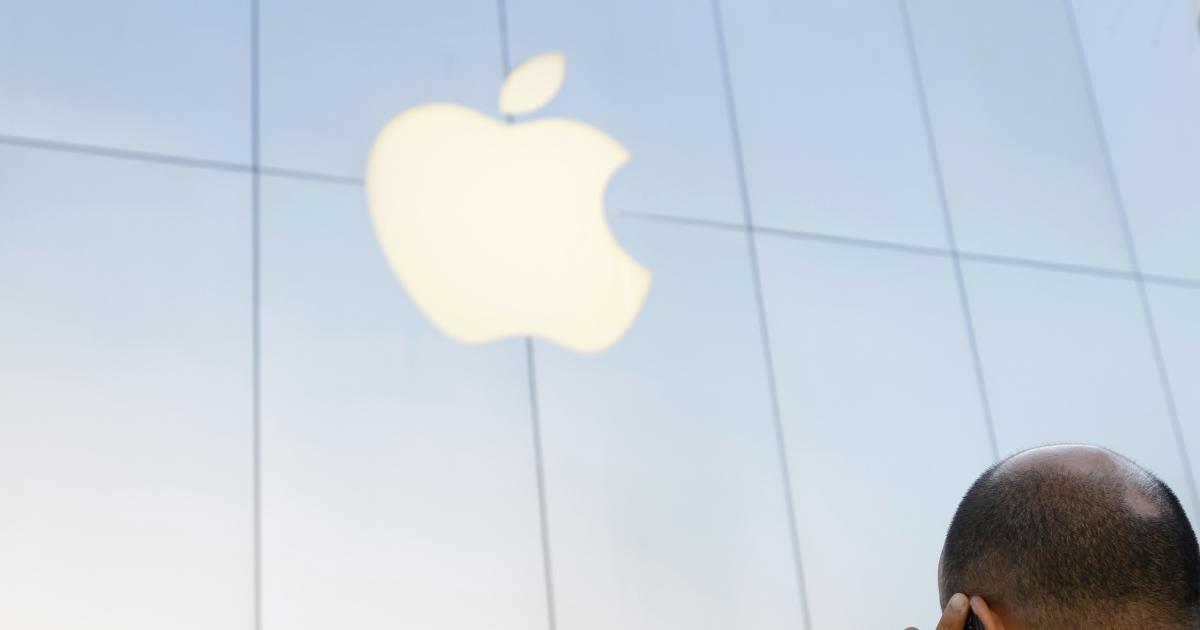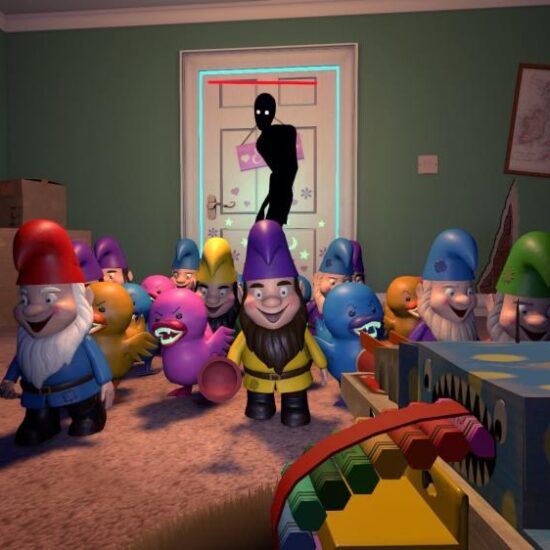
After more than three years of litigation, Apple has quietly dropped its lawsuit against Gerard Williams III, the former chip executive the company accused of poaching employees. Williams working for Apple, leading development on some of its most important chips – including the , the first 64-bit processor for mobile devices.
In 2019, Williams left Apple to co-found Nuvia, a chip design firm . When the tech giant first sued Williams, it accused him of “secretly” starting Nuvia and recruiting talent for his startup while he was still an Apple employee. Williams disputed Apple’s claims and accused the company of .
As , Apple filed a request to dismiss the suit against Williams earlier this week. The document does not state the company’s reason for dropping the case. However, it does say Apple did so “with prejudice,” meaning it cannot file the same claim against Williams again. It also suggests the two sides came to a settlement. Apple did not immediately respond to Engadget’s comment request.
In the weeks leading up to Wednesday’s dismissal request, court documents show Apple sought the recusal of Judge Sunil Kulkarni. Around March 17th, 2023, the company added two lawyers from the legal firm to the team litigating its case against Williams. On March 28th, Judge Sunil Kulkarni filed a brief disclosing that he had worked at Morrison and Foerster for approximately 13 years and had kept in contact “over the years” with and , the two “MoFo” attorneys Apple hired on as counsel earlier in the month.
“I have occasional social interactions with them (e.g., bimonthly lunches, seeing them at parties of mutual friends, and so on),” Judge Kulkarni wrote. “I believe I have recused myself from past cases involving Mr. Wilson and/or Mr. Kuwayti, but solely as a prophylactic measure.” After learning of the involvement of his former colleagues, Judge Kulkarni held an “informal” meeting with the two sides where he said he was “leaning toward recusal” if Apple retained the counsel of either Wilson or Kuwayti. In that same meeting, Kulkarni says he told Apple and Williams his recusal from the case would likely mean a delay in the case going to trial. Before the meeting, the case was scheduled to go to trial on October 2nd, 2023.
In a brief filed on April 6th, Williams and his legal team came out strongly against the idea of Judge Kulkarni removing himself from the case, arguing Apple’s position on the subject “should not matter” and that the move had the potential to be “prejudicial” against the former exec.
“Given that this case has been pending for over three years – with a fast-approaching discovery deadline and trial date – and given the Court’s familiarity with the parties, the case history, and the applicable law, the Court’s recusal decision has the potential to be prejudicial and disruptive,” the brief states. It then argues it was Apple that introduced a potential conflict of interest to the case.
“Even if a conflict existed that might warrant recusal, the procedure imposed by the Court – allowing the party that introduced the ‘conflict’ and would theoretically stand to benefit from it – to decide whether to waive it is inconsistent with basic rules of fairness and due process,” the brief concludes. “Such a procedure would set a dangerous precedent for judge shopping in the middle of a case: any part, at any time, could recruit former colleagues of a sitting judge and then force his or her recusal.”
Putting together what happened after that point is more difficult. However, after the 6th, the court in Santa Clara held multiple hearings where no one from either side appeared. Apple then filed to dismiss the case on April 26th. Qualcomm, Williams’ current employer, did not immediately respond to Engadget’s request for comment.
All products recommended by Engadget are selected by our editorial team, independent of our parent company. Some of our stories include affiliate links. If you buy something through one of these links, we may earn an affiliate commission. All prices are correct at the time of publishing.













